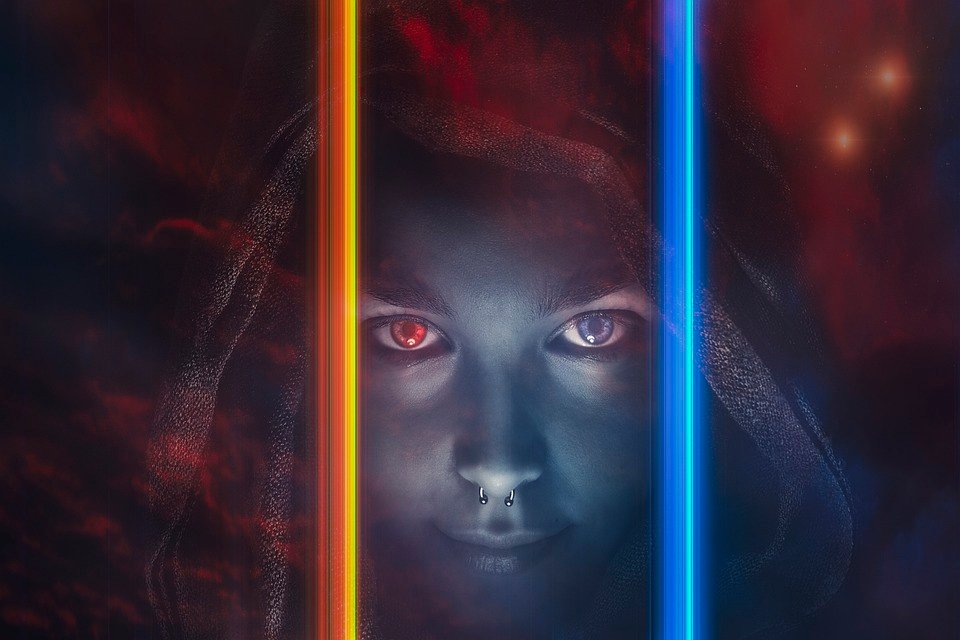Introduction
blockchain technology has been making waves in various industries, and the gaming sector is no exception. With its decentralized and secure nature, blockchain has the potential to revolutionize the gaming industry in many ways. In this article, we will explore how blockchain can unlock new possibilities for gamers and game developers alike.
Benefits of blockchain in Gaming
1. Transparency and Security: blockchain technology ensures that all transactions within a game are secure and transparent. This means that players can trust that their in-game assets are protected from fraud and theft.
2. Ownership of Digital Assets: With blockchain, players have true ownership of their in-game assets. This means that players can buy, sell, and trade their virtual items with other players without the fear of losing them due to account bans or game shutdowns.
3. Cross-Platform Compatibility: blockchain can enable interoperability between different gaming platforms, allowing players to use their in-game assets across multiple games and platforms.
4. Monetization Opportunities: blockchain technology allows for new revenue streams for game developers, such as selling in-game assets as non-fungible tokens (NFTs) or creating unique experiences for players through tokenized rewards.
Challenges of Implementing blockchain in Gaming
1. Scalability: One of the main challenges of implementing blockchain in gaming is scalability. Current blockchain networks may not be able to handle the high transaction volumes required by popular games.
2. User Experience: Integrating blockchain technology into games can be complex and may require players to have a certain level of technical knowledge, which could deter casual gamers.
3. Regulatory Issues: The legal and regulatory landscape surrounding blockchain technology is still evolving, which could pose challenges for game developers looking to implement blockchain solutions.
Case Studies
1. Decentraland: Decentraland is a virtual world built on the Ethereum blockchain where players can buy, sell, and build on virtual land using the platform’s native token, MANA.
2. Enjin: Enjin is a blockchain platform that enables game developers to create and manage in-game assets as NFTs. The platform has been used by popular games such as Minecraft and War of crypto.
Future Outlook
As blockchain technology continues to evolve, the potential for its integration into the gaming industry is limitless. With its ability to provide secure ownership of in-game assets, new monetization opportunities, and enhanced player experiences, blockchain has the power to reshape the future of gaming as we know it.
FAQs
Q: How does blockchain ensure the security of in-game assets?
A: blockchain uses cryptography to secure transactions and assets, making it nearly impossible for hackers to manipulate or steal in-game assets.
Q: Can players trade their in-game assets with other players using blockchain?
A: Yes, blockchain allows players to buy, sell, and trade their in-game assets with other players securely and transparently.
Q: What are some popular blockchain games currently available?
A: Some popular blockchain games include Axie Infinity, CryptoKitties, and The Sandbox.
Q: How can game developers monetize their games using blockchain?
A: game developers can monetize their games by selling in-game assets as NFTs, creating tokenized rewards for players, or implementing blockchain-based payment systems.

